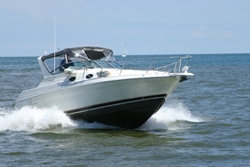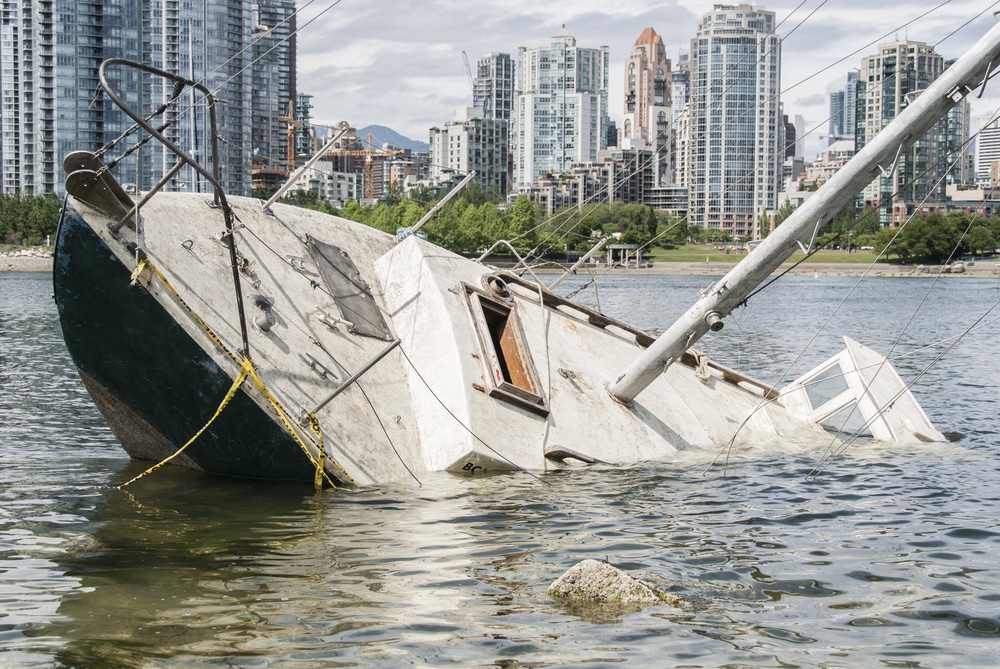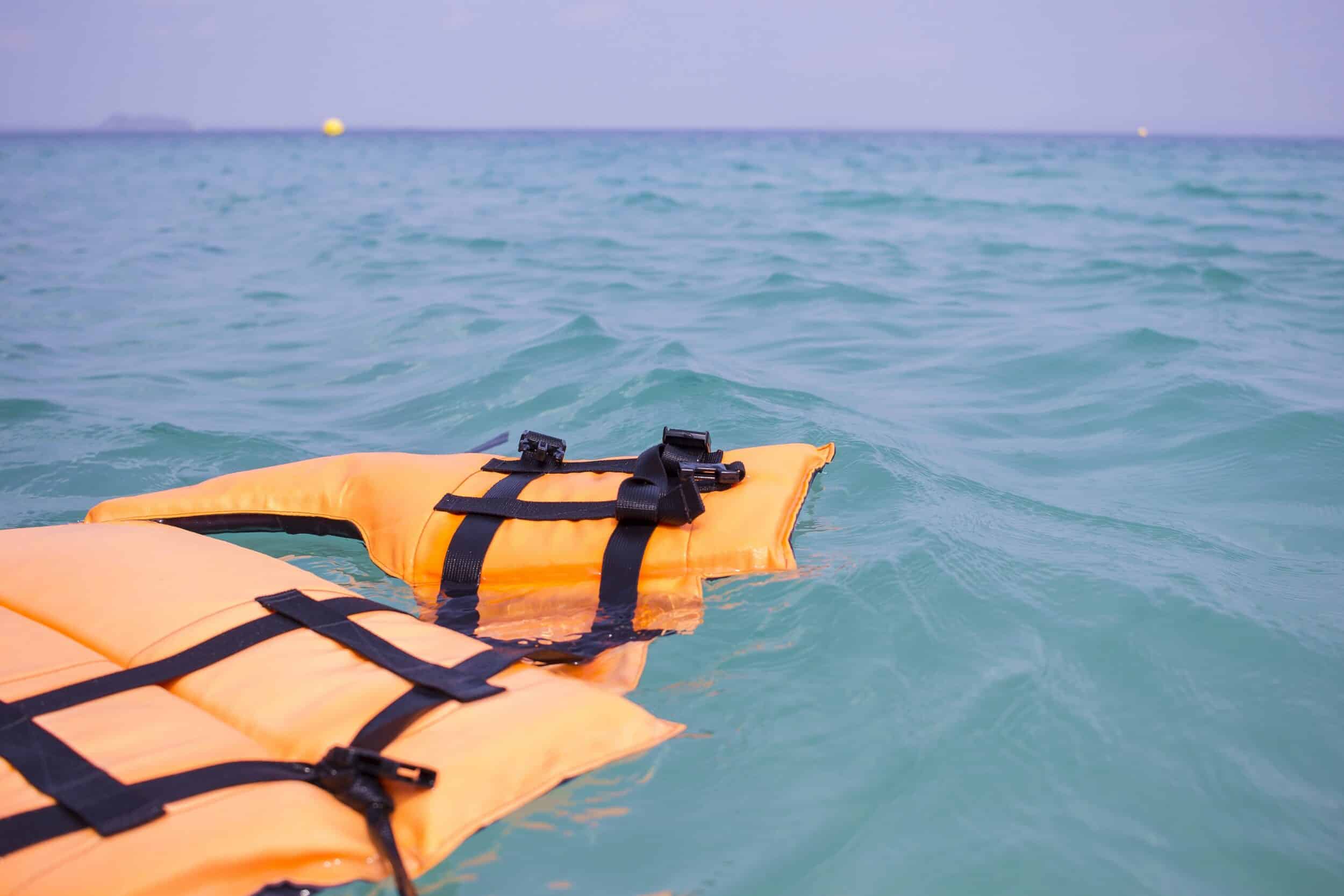
Like other vehicle incidents, boating accidents can result in serious injuries, costly medical bills, and lasting emotional trauma. Whether the situation involves a recreational vessel, commercial boat, or amphibious vehicle like a duck boat, determining what happened – and who is responsible – often requires in-depth investigation and legal skill.
Kline & Specter, PC, with more than 50 attorneys, five of whom are also doctors, is exceptionally qualified to investigate and litigate boating accidents. From handling complex liability issues to working with medical evidence, our team brings a powerful combination of legal and medical knowledge to each case. We represent clients in Philadelphia and nationwide.
Causes of Boating Accidents
Common causes of boating accidents include:
- Operator inattention or inexperience
- Excessive speed
- Driving under the influence
- Driving while distracted
- A lack of familiarity with navigation rules, especially in crowded or unfamiliar waters
- Poor weather conditions
- Mechanical failures
- Improper loading or overloading of the vessel
United States Coast Guard data reveals that the vast majority of boating deaths occur when operators have not received formal safety instruction. Most of the accidents, roughly four out of five, also occur on smaller vessels, those less than 21 feet long. Among them are motorboats, canoes, and jet skis.
Legal Liability in Boat Accident Cases
Legal liability in boating accidents generally falls on the party whose negligence led to the incident. Say an operator fails to maintain a proper lookout, ignores safety protocols, or operates the boat under the influence. They may be held responsible for resulting injuries or damages.
Liability can also extend to boat owners or rental companies if they failed to maintain the vessel or provided it to an unqualified operator. Depending on the circumstances and applicable maritime or state laws, victims may seek compensation for medical expenses, lost wages, and other losses through personal injury claims.

Maritime Law in Boat Accident Cases

Maritime law, also known as admiralty law, governs legal issues on navigable waters and often applies in boat accident cases. It establishes rights and responsibilities for vessel operators, passengers, and maritime workers.
Unlike state personal injury laws, maritime law may allow injured parties to pursue compensation under federal statutes, such as the Jones Act or general maritime negligence principles.
In boat accident cases, maritime law can also influence where a claim is filed, what damages are available, and how fault is determined. For example, it often uses the concept of comparative fault, meaning compensation may be reduced based on the injured party's negligence.
When applicable, maritime law can preempt state law. This is important for clients involved in accidents on oceans, large rivers, or lakes.
Steps to Take After a Boating Accident to Strengthen Your Case
After a boating accident, taking the appropriate steps can help protect your health and strengthen future legal claims.
- Report the accident to the appropriate authorities, such as the U.S. Coast Guard, and obtain a copy of the report.
- If possible, document the scene by taking photos of the damage, location, injuries, and contributing factors like weather or equipment failure.
- Gather contact and insurance information from all involved parties, along with statements and contact details from any witnesses.
- Avoid admitting fault or making speculative comments at the scene.
- Preserve any physical evidence, such as damaged equipment or clothing.
Notify your insurance provider promptly, but consider speaking with a lawyer before giving a formal statement. An attorney can help you navigate legal procedures and protect your rights, especially in cases involving complex maritime laws or interstate claims.
Boat Accidents in the Press
Several high-profile boat accidents have made national headlines in recent years.
A duck boat collision in the Delaware River off Philadelphia in 2010 left two people dead and 18 others stranded. The accident, involving a barge and a stalled duck boat, prompted a civil lawsuit and ultimately led to a $17 million settlement for the victims and their families.

Another tragic case was the 2018 duck boat incident in Branson, Missouri, where 17 people drowned when the vessel sank during a storm on Table Rock Lake. The accident raised serious concerns about the duck boat tour operators' safety protocols and weather monitoring practices.
More recently, in September 2024, a high-speed boating crash in Old Saybrook, Connecticut, killed three people and injured several others. The boat's operator, Clayton Hackling, was reportedly intoxicated, with a blood alcohol level more than twice the legal limit. He now faces multiple charges, including second-degree manslaughter and operating under the influence.
Why Choose Kline & Specter for Your Boat Accident Claim
Since its founding in 1995, Kline & Specter has built a strong reputation for representing victims in major injury cases, including boating accidents.
Founding partner Tom Kline is widely recognized for his knowledge of mass injury events and was called on to comment publicly after the fatal duck boat accident in Philadelphia. He also served as lead counsel in the Delaware River Pier 34 collapse, a case that ended in a $29.6 million settlement.
Consult a Boat Accident Attorney
If you or a loved one has been hurt in a boating accident, the attorneys at Kline & Specter are prepared to help.
With extensive experience handling complex injury cases in Philadelphia and nationwide, we will investigate your case, determine liability, and guide you through the legal process. Call 215-772-1000 or submit our online form to discuss your unique situation.
Kline & Specter provides free and confidential evaluations of potential cases. Kline & Specter handles cases in Pennsylvania, New Jersey, Delaware, and New York. For cases outside those states, the law firm works with local attorneys in each state as applicable.

